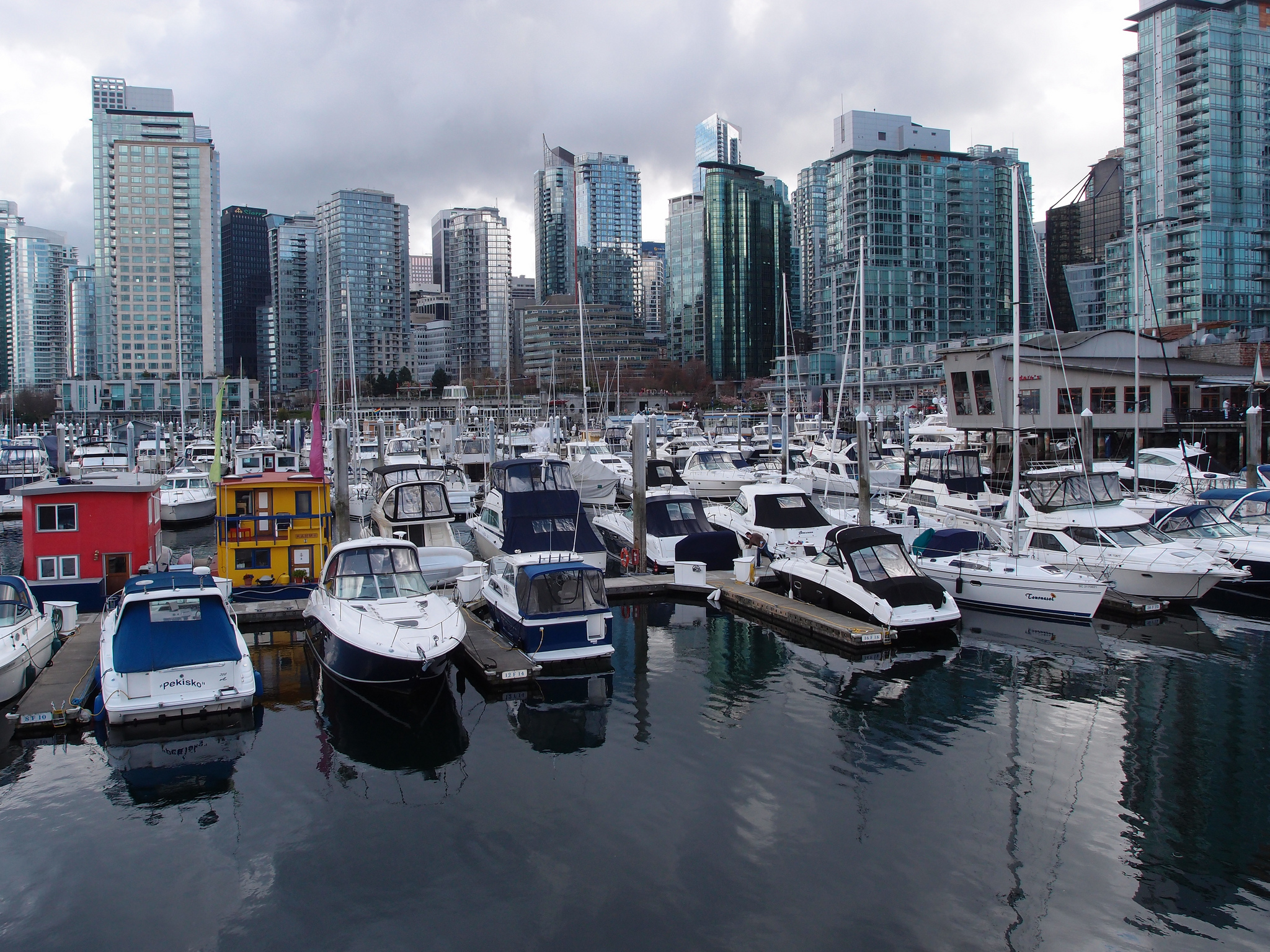As of November 28, 2016, a constitution may only contain a society’s purposes, and no provision in a society’s bylaws can be “unalterable.” While this is good news for many societies which have to adapt their bylaws or purposes to accept specific gifts or govern themselves as time goes on, some are concerned that they will be vulnerable to straying from their key values or obligations. Others have external funding agreements which are dependent on such provisions.
However, there are ways to protect a society’s key values, purposes, and funding agreements so they are difficult (though not impossible) to change. Societies can utilize high threshold special resolutions, closely held structures, among other methods to deal with this concern.
HIGH THRESHOLD SPECIAL RESOLUTIONS
Under the new Act, a “special resolution” may be required to perform certain tasks under the bylaws. The default threshold is 2/3 of the votes cast by voting members present at a members meeting, or consented to by all voting members in writing.
The Act allows a higher threshold to be set to perform certain tasks which can only be performed by special resolution (such as the alteration of a specific bylaw). This interpretation has been confirmed by the Registry of Companies transition guide. It will be made explicit by incoming changes to the Act.
CLOSELY HELD SOCIETIES
Societies can also restrict their membership structures to ensure only certain classes of members can vote on particular issues or topics. A society can restructure its membership such that only a small, trusted group of persons can vote on specific provisions in its bylaws.
CODES OF CONDUCT AND MEMBER DISCIPLINE
Though not a direct solution to unalterable provisions, societies can also implement disciplinary provisions to remove members who do not comply with the core values or a code of conduct of the society. This can be done by the membership by special resolution, or, if the bylaws set out the process for removal subject to the Act’s requirements, by the Board of Directors. Care must be taken to ensure the substantive, procedural, and human rights of members are respected, as bulk removal of members or even the removal of one problematic member may lead to litigation, either under the Act through an oppression action or at the BC Human Rights Tribunal.
Photo by Gullhem Vellet. Used under a Creative Commons license. No changes were made to this image.



